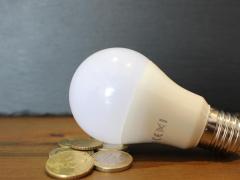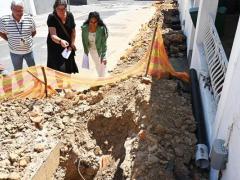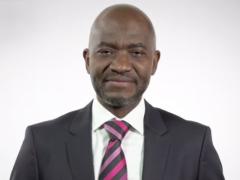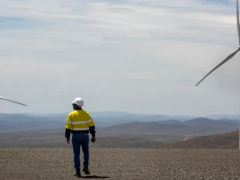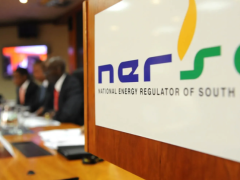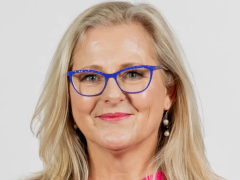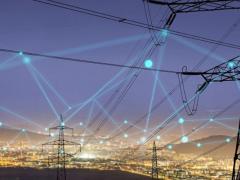The United Nations Development Programme (UNDP) and technology company IBM have introduced new interactive energy models on the UNDP’s GeoHub platform – enabling analysis of complex energy issues using advanced artificial intelligence (AI).
GeoHub is a centralised ecosystem for geospatial data and services that allows users to upload, visualise and analyse datasets by integrating time-oriented and geographic data with satellite imagery.
“We are proud to unveil solutions that demonstrate the power of technology to make a lasting, positive impact on our environment and in our communities. By making innovative models freely accessible to the public, we aim to empower leaders, organisations and community members alike with the insights to make impactful energy decisions around the world,” says Justina Nixon-Saintil, IBM Vice President and Chief Impact Officer.
UNDP and IBM worked together over two years through the IBM Sustainability Accelerator programme to enhance the GeoHub with two innovative models: the AI Electricity Access Forecasting model and the statistical geospatial Clean Energy Equity Index.
Electricity Access Forecasting uses an open-source machine learning library to provide future forecasts at scale of electricity access through 2030 by evaluating a set of factors including population, infrastructure and urbanisation. The model will contain data from 102 countries across the Global South, including Africa.
The Clean Energy Equity Index combines geospatial analytics with environmental, economic and social factors to generate a clean energy equity score of 0-1. GeoHub users can individually view and customise each analysed environmental, economic or social factor to improve decision making by evaluating impact on equitable access to clean energy. The model will provide data from 53 African countries.
"UNDP’s innovative collaboration with IBM helps countries leverage development data and technology innovation to improve lives and protect the planet. The solutions we’ve co-created provide a credible evidence base to help countries make meaningful and practical progress towards a just energy transition,” says Laurel Patterson, Head of the UNDP Sustainable Development Goals Integration Team, UNDP Bureau for Policy and Programme Support.


